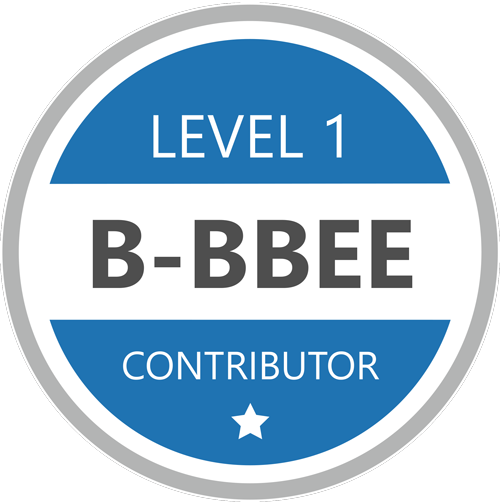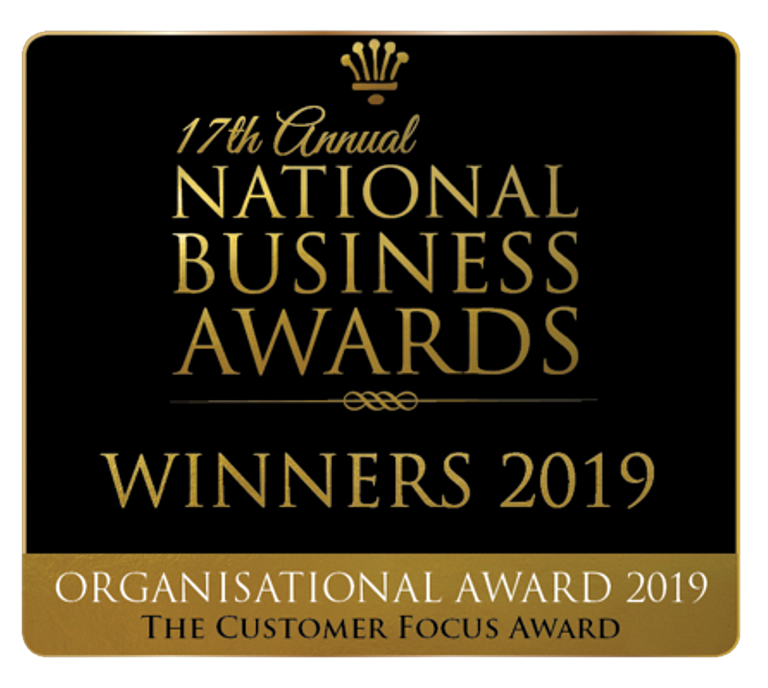Written by Moratwe Mashao, MaxProf Business Development Officer
Tax scams are a growing concern across South Africa, affecting individuals and businesses alike. These scams often rely on urgency, impersonation, and digital trickery to exploit people during tax season or periods of financial stress. Recognizing the signs and responding with caution is essential to protect your information and assets.
Common Tax Scam Techniques
Fraudsters frequently pose as officials from the South African Revenue Service (SARS), using various tactics to gain access to personal or financial details. These might include phishing emails that appear legitimate, threatening phone calls demanding immediate payment, fake refund claims, or requests for information via suspicious links. It is important to understand that SARS does not engage in these practices and will never demand payment through unconventional means like gift cards or cryptocurrency.
Best Practices for Protection
Protecting yourself begins with vigilance. Avoid clicking on links in unsolicited emails or SMS messages. Always verify the source by visiting SARS’s official website or calling their contact centre. Personal details, including your ID and banking information, should only be shared through secure channels. It is also wise to consult with a registered tax professional before responding to any correspondence that seems unusual. Regularly monitor your SARS eFiling profile and report any anomalies or suspicious communication to the appropriate SARS fraud reporting channels.
Compliance and Risk Implications
Falling victim to a tax scam can lead to more than financial loss; it can result in compliance issues, compromised records, and reputational harm. Businesses should ensure staff are educated about scam tactics and maintain secure practices when handling tax-related data. Use encrypted systems for any SARS-related exchanges, maintain proper audit trails, and review internal processes regularly to keep fraud risks low.
Conclusion
Tax scams are a persistent threat in South Africa, however with the right precautions and informed decision-making, they can be avoided. Whether you are an individual taxpayer or representing a business, staying alert and consulting trusted professionals is your first line of defence. For accurate guidance, always refer to SARS’s official resources or seek assistance from a qualified advisor.













